If you’re expecting to receive payments where TDS will be deducted at standard rates, but your actual tax liability is lower or zero, you can apply..


If you’re expecting to receive payments where TDS will be deducted at standard rates, but your actual tax liability is lower or zero, you can apply..

If you’re an Indian resident who owns foreign bank accounts, property, stocks, or business interests, you are required to disclose these foreign assets in your income..
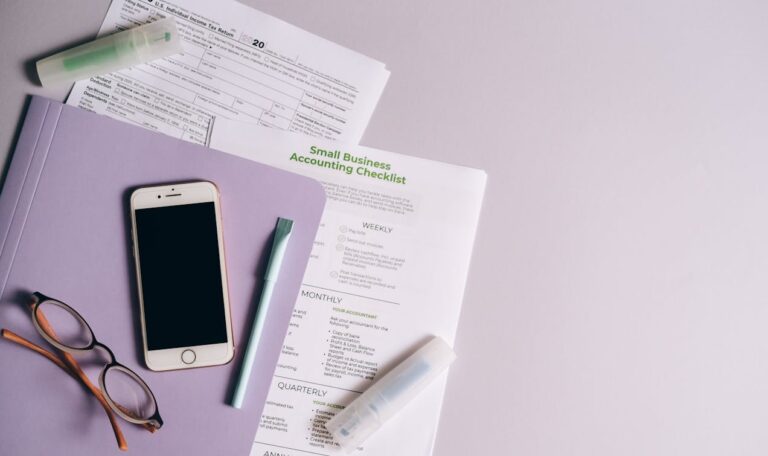
Banks in India deduct Tax Deducted at Source (TDS) on interest income earned from fixed deposits, recurring deposits, or savings interest (in some cases). If your..
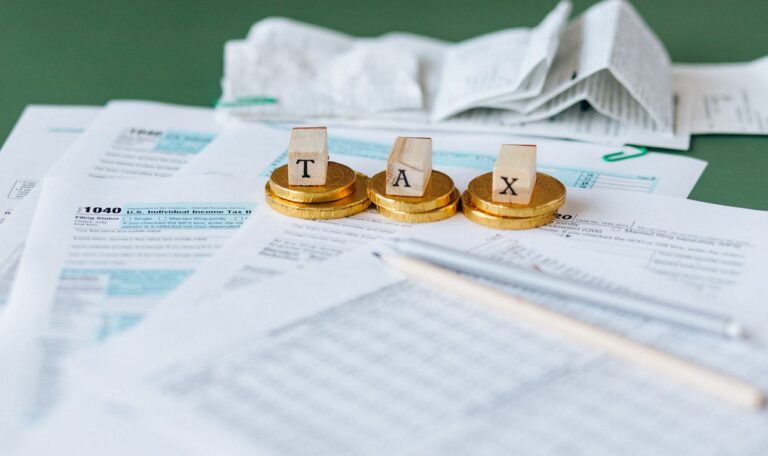
If your total tax liability exceeds ₹10,000 in a financial year, you are legally required to pay advance tax. Instead of waiting for year-end, the Income Tax..
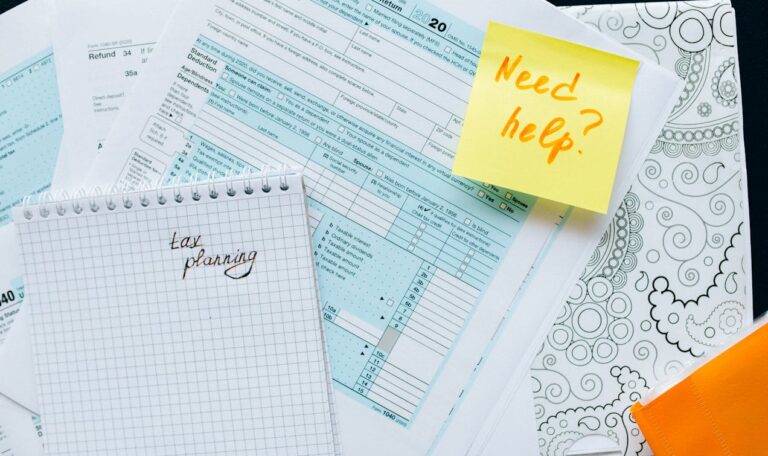
Filing your Income Tax Return (ITR) is a key part of financial compliance in India. With the government’s push for digital services, individuals and businesses can now..

Tax Deducted at Source (TDS) is a crucial compliance obligation under Indian income tax law. It ensures advance collection of tax at the time of payment,..

In India, your residential status determines whether your global income or only Indian income is taxable. It is based not on citizenship or visa, but on..
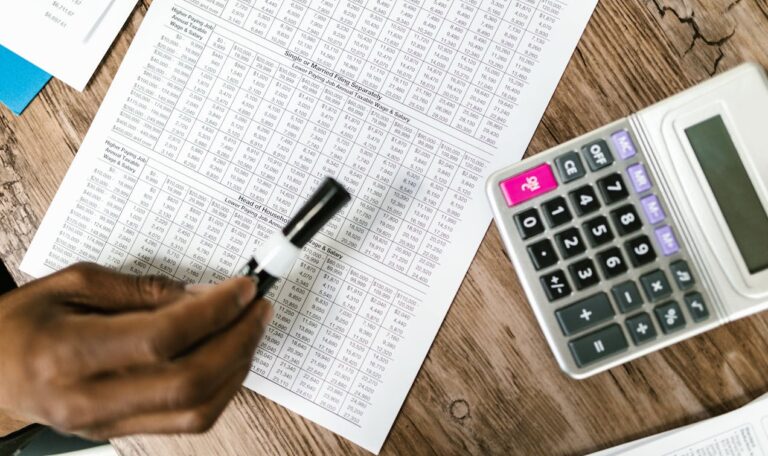
Under the Income Tax Act, 1961, certain taxpayers must get their accounts audited by a Chartered Accountant and submit a Tax Audit Report. This audit requirement,..
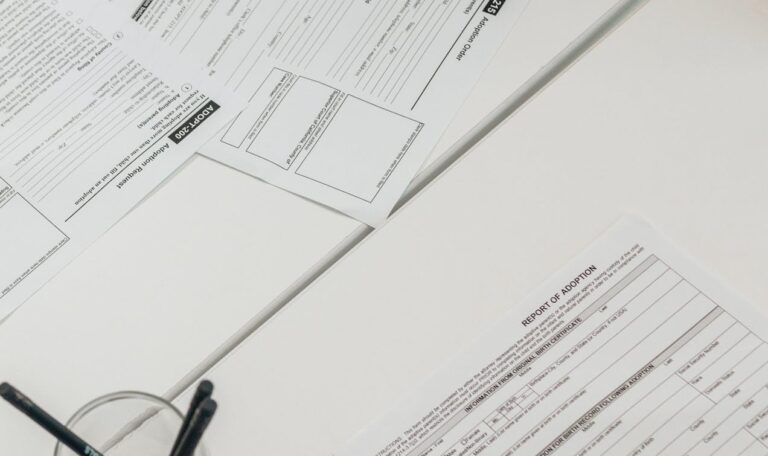
The Presumptive Taxation Scheme (PTS) under the Income Tax Act, 1961 is a major relief for small businesses, professionals, and freelancers who want to avoid complex..

Section 80C of the Income Tax Act, 1961 is the most commonly used tax-saving section by individual taxpayers in India. It allows deductions up to ₹1.5..